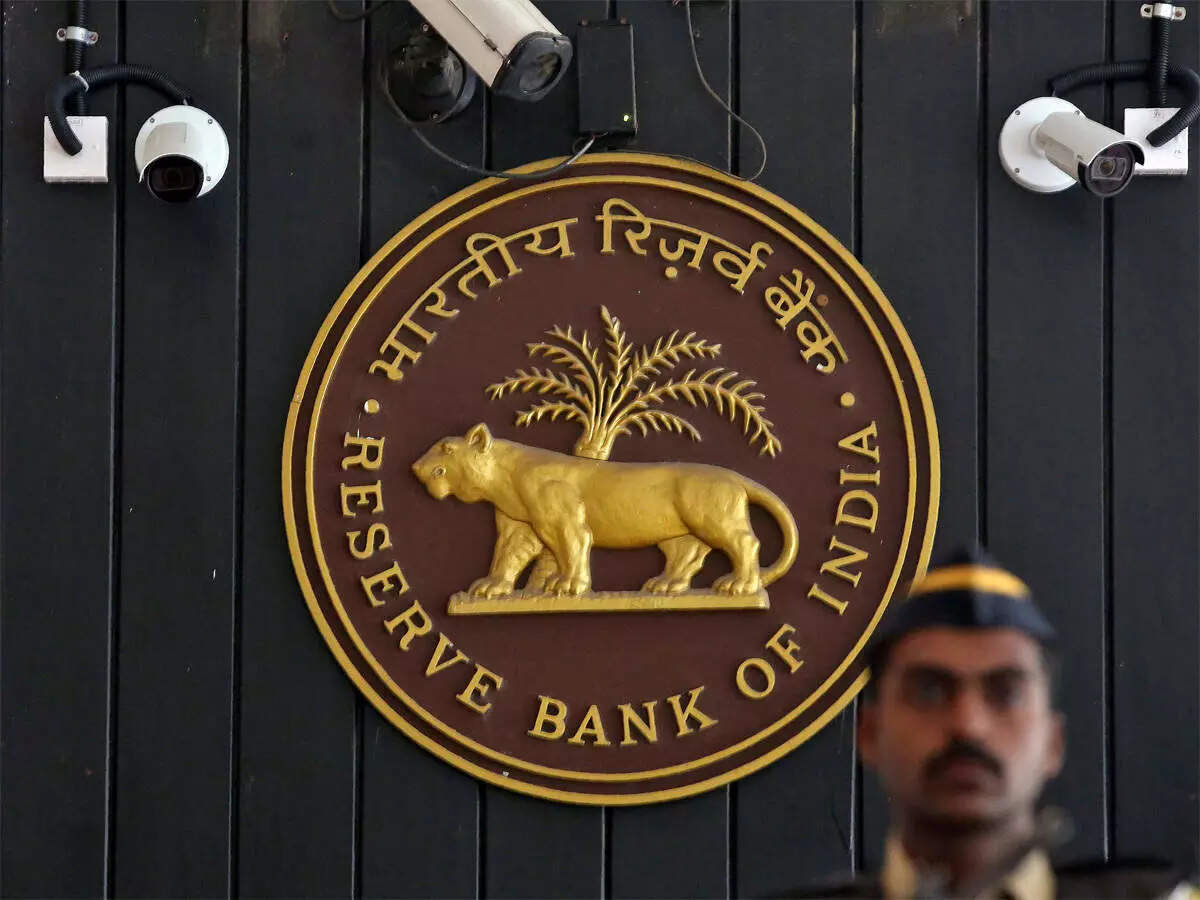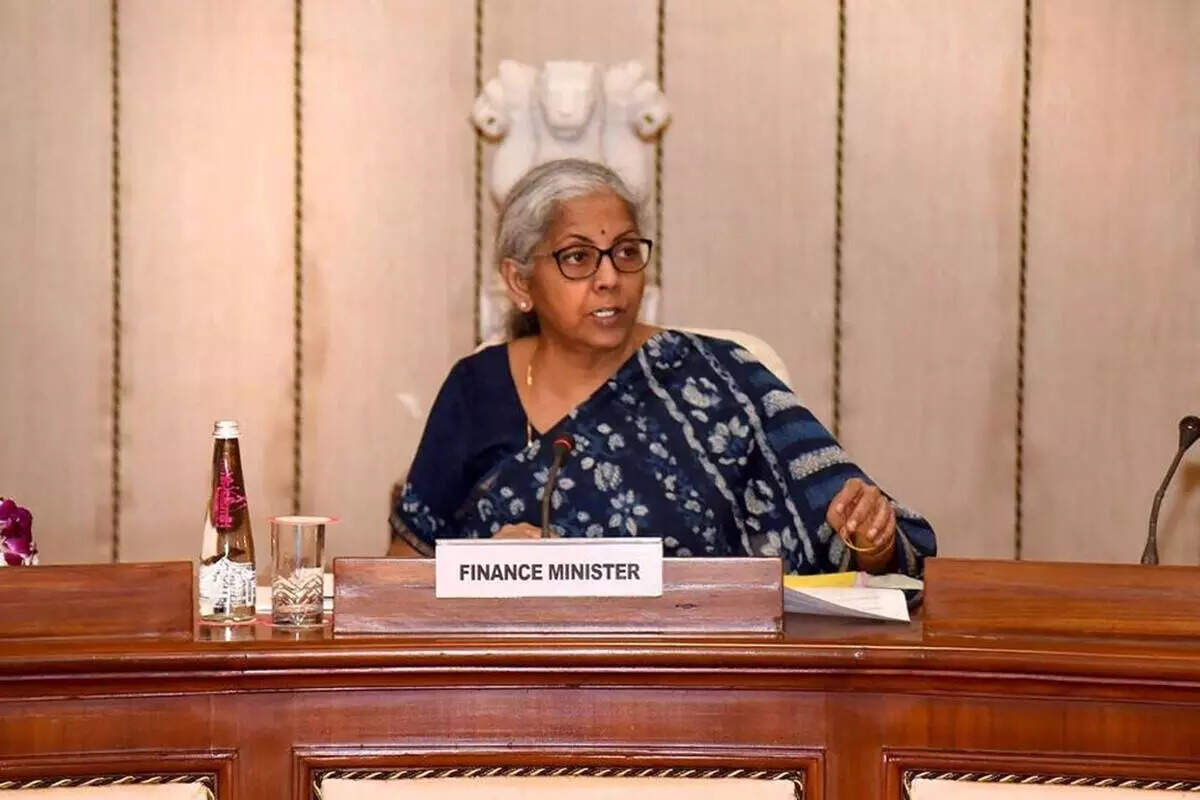Srei lenders face Rs 5,000 cr provisioning for Srei loans, eroding DHFL recovery, BFSI News, ET BFSI
[ad_1]
Read More/Less
Bankers will have to make an immediate provision of over Rs 5,000 crore, according to the rules.
According to the Reserve Bank of India’s (RBI’s) norms, Srei exposure will be treated as substandard asset, which is the first stage of non-performing asset (NPA). Banks will now have to set aside around 15 per cent provision for secured loans while it would be higher for unsecured credit.
Srei loans were stressed for many quarters, but lenders could not classify them as NPAs due to restrictions by the tribunals. However, they have made provisions for the Srei loans under general and Covid provisions.
Based on the results of a forensic audit, banks may have to even make 100 per cent provisions if the accounts are treated as fraud.
Promoters move court
Meanwhile, Srei Group promoters have moved the Bombay High Court challenging Reserve Bank of India’s decision to supersede the board of two group companies, in preparation for sending them to bankruptcy courts.
Srei group promoters are seeking stay on any insolvency proceedings at group companies Srei Infrastructure Finance Ltd and Srei Equipment Finance Ltd, whose board the regulator sacked and appointed an administrator.
The promoters are also seeking stay on the appointment of the administrator. On October 4, the banking regulator superseded the board of directors of Kolkata-based Srei Infrastructure Finance and Srei Equipment Finance and said that it will initiate insolvency proceedings with the National Company Law Tribunal (NCLT). The RBI move makes Srei the second non-bank lender to be referred to the bankruptcy courts after DHFL.
The RBI cited governance concerns and defaults by the company and appointed Rajneesh Sharma, former chief general manager, Bank of Baroda as an administrator of the company.
In June 2021, Srei companies reported to the exchanges that the RBI inspection had flagged loans worth Rs 8,576 crore as related party loans. These accounted for nearly 30% of the group’s consolidated debt.
The loans
Srei Infrastructure, and its subsidiary Srei Equipment Finance, together owe lenders and debenture holders a total of Rs 30,000 crore. Kolkata-based UCO Bank is the lead lender, with more than Rs 2,000 crore of exposure. State Bank of India (SBI)’s exposure to the group is also more than Rs 2,000 crore.
The bank loans have turned non-performing assets after the end of the September quarter.
The company had earlier announced that Arena Investors, Makara Capital and others had evinced interest to invest in the company to the tune of Rs 2,200 crore. The company had formed a strategic coordination committee to coordinate, negotiate and conclude discussions with the investors.
[ad_2]

